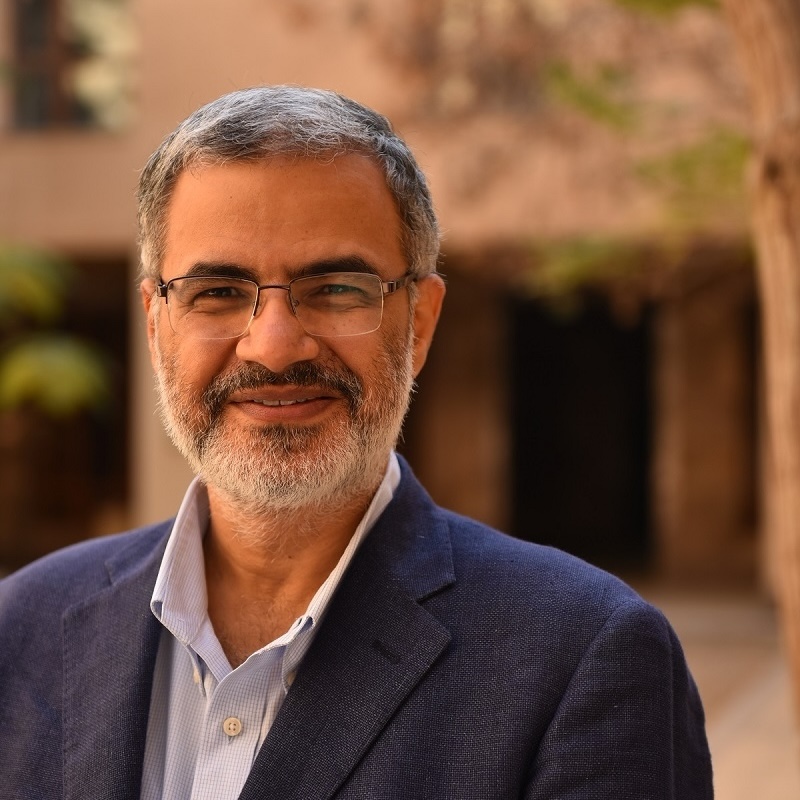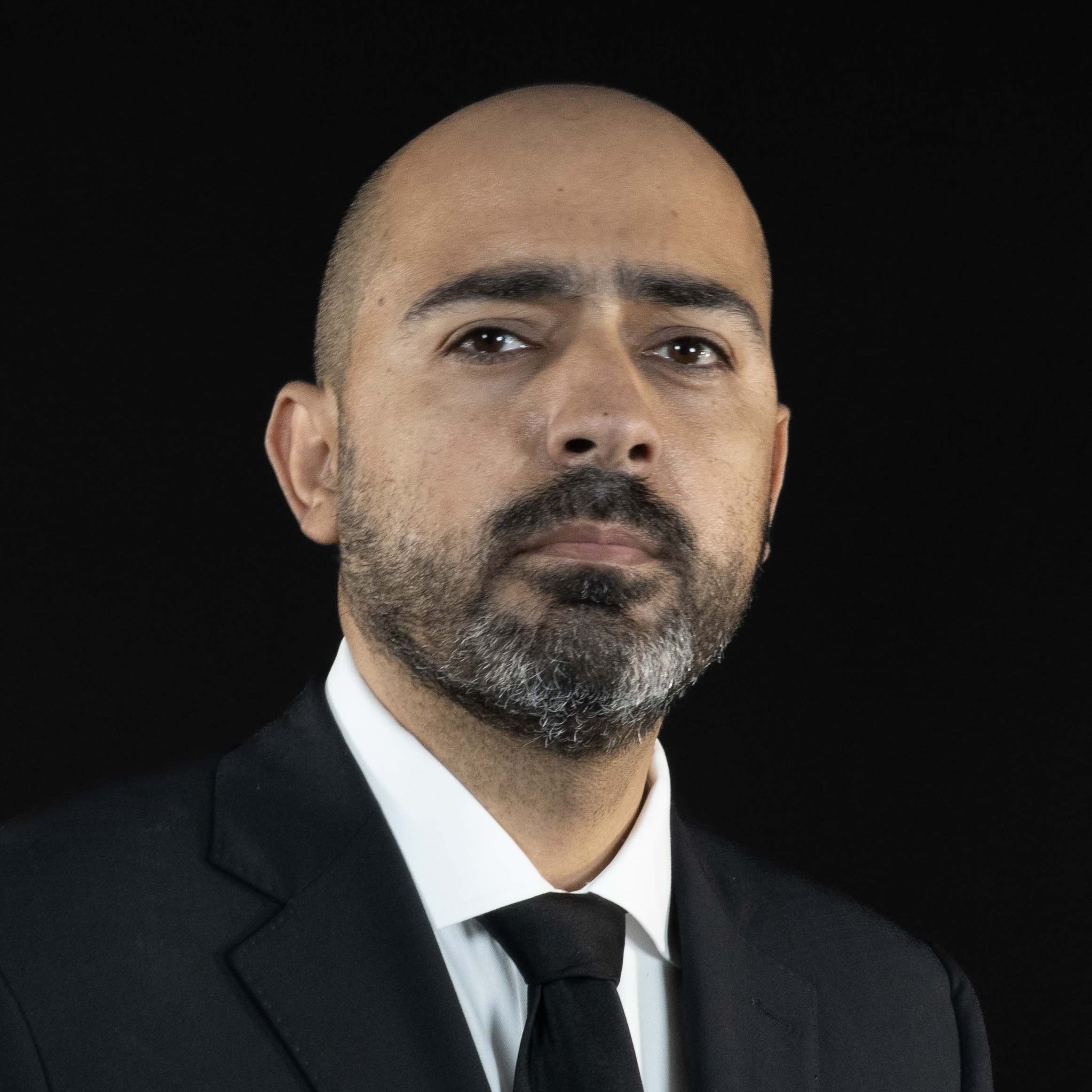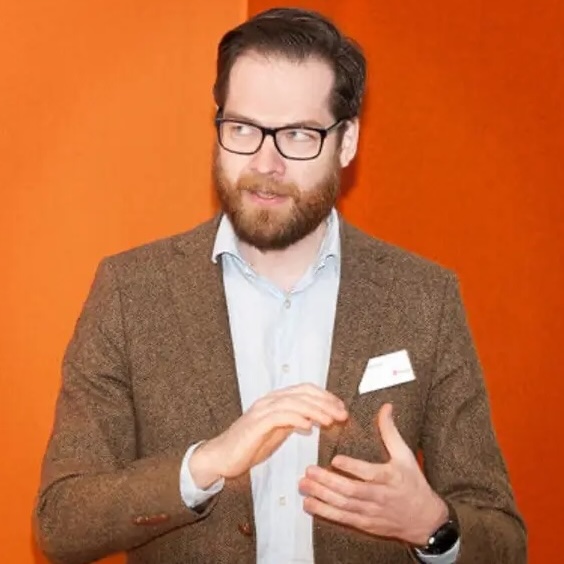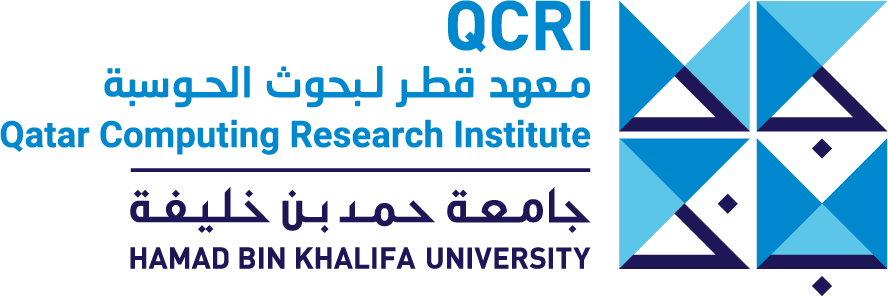Organizers
MLDAS has been jointly organized by Boeing and QCRI since 2014.
Chairs:
Mohamed Hefeeda -
Acting Research Director, QCRI
Sanjay Chawla -
Chief Scientist, QCRI
Dragos Margineantu -
AI Chief Technologist, Boeing
Registration and Local Arrangements Chair:
Keivin Isufaj - Software Engineer, QCRI
Keynote Speakers

Eric Feron
Eric Feron is an Electrical and Computer Engineering Program professor and the Principal Investigator of the Aerospace and Transportation Systems (ATS) Research Group at KAUST.

Moustafa Amin Youssef
Moustafa Youssef is a professor at The American University in Cairo and founder and director of the Wireless Research Center of Excellence, Egypt.

Baochun Li
Baouchun Li is a professor at the Department of Electrical and Computer Engineering at the University of Toronto.

David Mohaisen
David Mohaisen is a Professor of Computer Science at the University of Central Florida, and serves as Director of the SEAL (Security, Emerging Technologies, AI, and Learning) research group.

Hai Phan
Hai Phan is an Associate Professor at NJIT, a co-founding member and Associate Chair of the Department of Data Science, and a senior member of the NSF Center of Big Learning.

Mykel Kochenderfer
Mykel Kochenderfer is Associate Professor of Aeronautics and Astronautics, Associate Professor of Computer Science at Stanford University, and senior fellow at HAI.

Divy Agrawal
Divy Agrawal is a Distinguished Professor and Chair of Computer Science at the University of California, Santa Barbara (UCSB)

Liam Kruse
Liam is an artificial intelligence scientist at the Boeing Company.

Carl Henrik Ek
Dr. Carl Henrik Ek is a Professor of Statistical Learning at the University of Cambridge and a Professor at Karolinska Institute in Stockholm.

Mourad Ouzzani
Mourad Ouzzani is the Director of the Research Engineering Group at QCRI.
Event Schedule
Registration and Coffee
Welcome and Opening Remarks
- Symposium Overview: Mohamed Hefeeda, QCRI
- Welcome Message: Ahmed Elmagarmid, QCRI
- Welcome Message: Dragos Margineantu, Boeing
Session 1

Private Inference in Large Language Models
Divy Agrawal

When AI Defends and Betrays: Lessons from Security-Critical Systems
David Mohaisen
Coffee Break
Session 2
QCRI Short Talks
- Mohamed Eltabakh - Fanar - Arabic Generative AI Platform
- Kareem Darwish - Fanar: Overcoming Modality Boundaries with Arabic-Centric ASR and TTS
- Dorde Popovic - aiXamine: LLM Safety & Security Validation
- Sara Al-Emadi - Robust Vision under Real World Distribution Shifts
Lunch Break
Session 3

Automated Decision Making for Safety Critical Applications
Mykel Kochenderfer

Probabilistic Safety Validation of Aerospace Systems with Adaptive Importance Sampling
Liam Kruse
Break
Session 4

NOIR: The World’s First End-to-End Encrypted AI Router for LLM Systems
Hai Phan

Reproducible Research Is Both Hard and Helpful: A Case Study on Federated Learning
Baochun Li
Registration and Coffee
Session 5

Optimization techniques for autonomous systems
Eric Feron

Quantum Efficiency: A Path Toward Sustainable High-Precision Positioning and Beyond
Moustafa Amin Youssef
Coffee Break
Session 6
Session 6: QCRI Short Talks
- Amin Sadeghi - Stateless optimizers
- Mohannad Alhanahnah - AI Supply Chain Security (Opportunities and Challenges)
- Husrev Taha Sencar - From Alignment to Safe Deployment: Safety-Driven Design Choices in Fanar LLM
- Ahmed Zguir - GeoResponder: A Geospatial LLM for Time-Critical Disaster Response
Lunch Break
Session 7

SIHA – System for Integrated Health Analytics
Mourad Ouzzani

Approximate Bayesian Inference of Composite Functions
Carl Henrik Ek
Sponsors


Event Venue
Event venue location info and gallery
